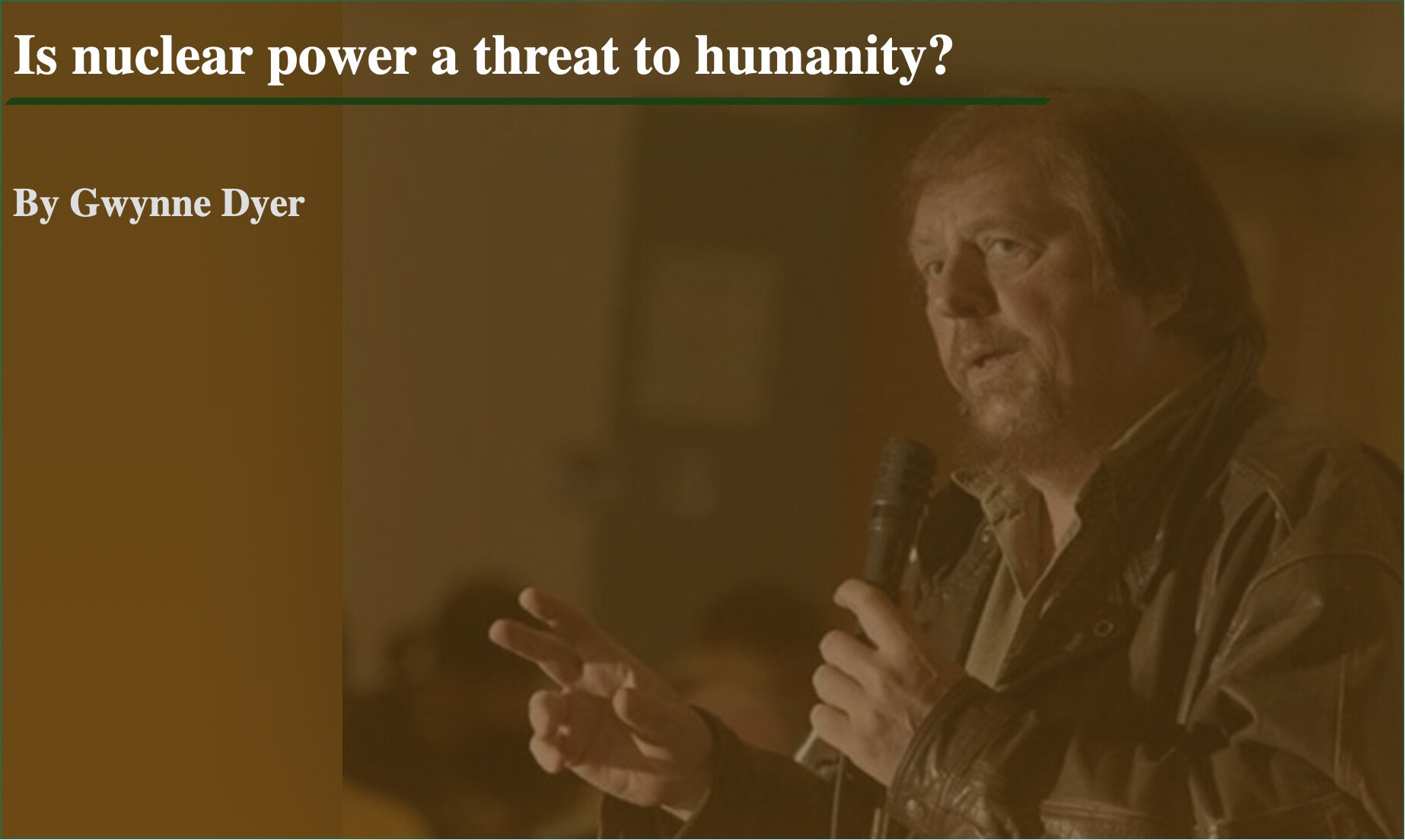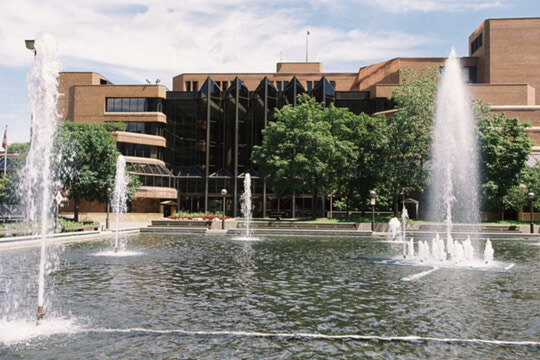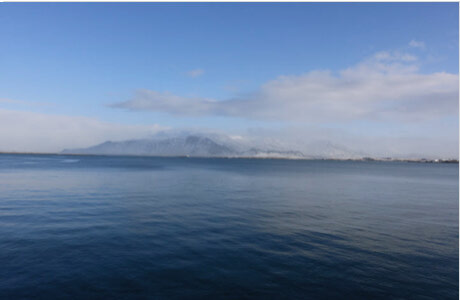Is nuclear power a threat to humanity?
Gwynne Dyer
As we pursue our daily lives, seeking solace within our own environment, we are constantly bombarded by events beyond our control that disturb our peace of mind. How often I am reminded of words of wisdom passed on to me by others during my youthful years.
“If you play with fire, you’re going to get burned.”
“Don’t add fuel to the fire.”
“…skating on thin ice.”
These are but three that surfaced recently with those four balloons that were shot down over North American territory. After examining remnants of the largest of these, it was determined that it was a Chinese spy balloon. The other three were not.
These incidents brought to the fore North American Aerospace Defense Command (NORAD), mutually operated by the United States and Canada. One of the balloons that was detected by radar apparently, was temporarily lost sight of.
Our Arctic Border stretches 162,000 km. Russia is on the other side of the Arctic Circle. We are all aware of what that country’s leader Vladimir Putin is pursuing in Ukraine. Russia happens to also be one of the world’s major nuclear powers, with the capability of delivering these through Intercontinental Ballistic Missiles (ICBMs).
The United States and China also have numerous nuclear weapons with similar capabilities. Other countries, such as North Korea and Iran, are pursuing similar paths. New alliances are coming together throughout our world. One can only wonder if one day we will get burned.
After the United States detonated two nuclear bombs over Japan in 1945, there emerged pacifists who urged an end to nuclear weapons. The anti-nuclear movement of the 1950’s and 60’s seems to have had little impact on the spread of these lethal weapons of mass destruction.
It is estimated that a one megaton bomb detonated above Toronto, for example, would kill 750,000 people immediately. Over a million others would be severely impaired.
That is just the type of catastrophic tragedy that could eventually bring an end to our civilization as we know it. Remember that Putin has even threatened to use a nuclear weapon in Ukraine.
There are other risks with nuclear power as well.
On December 12, 1952, the National Research Experimental Reactor at Chalk River experienced mechanical problems and operator error that led to significant damage to the NRC reactor core. That was the world’s first nuclear reactor accident.
The most severe accident in the history of nuclear power industry happened April 26, 1986, at Chernobyl, Ukraine, which was then part of the Soviet Union. One hundred and sixty thousand Ukrainians had to be permanently relocated. During the present Russian invasion of Ukraine, missiles were landing near that very site.
Every day we are reminded of the consequences of climate changes brought on by human behaviours. There are natural occurrences such as earthquakes and volcanoes as well. We ought to be equally concerned about the nuclear power industry. If not, we may be skating on thin ice.
A future American President and Chalk River
When the mechanical error occurred at Chalk River in 1952, Canadian officials turned to the United States for assistance.
Jimmy Carter, a young U.S. Navy lieutenant, was in Schenectady, New York, training aboard America's first nuclear submarine. Carter led a team of 26 men to the site, only 180 km away, where a plan was formulated to descend into the highly radioactive reactor one at a time for 90 seconds each. There, specialized tasks were performed that prevented a major nuclear disaster.
Jimmy Carter would become the 39th American President, serving from 1971 to 1981. At this writing, he is in palliative care at his home in Plains, Georgia. At the age of 98, Carter is the longest-living US President.






